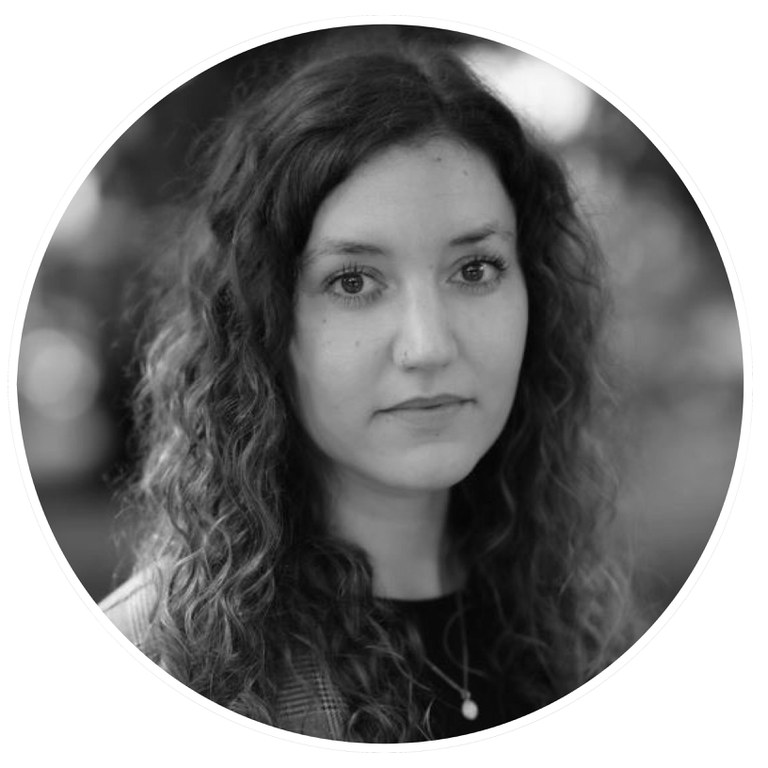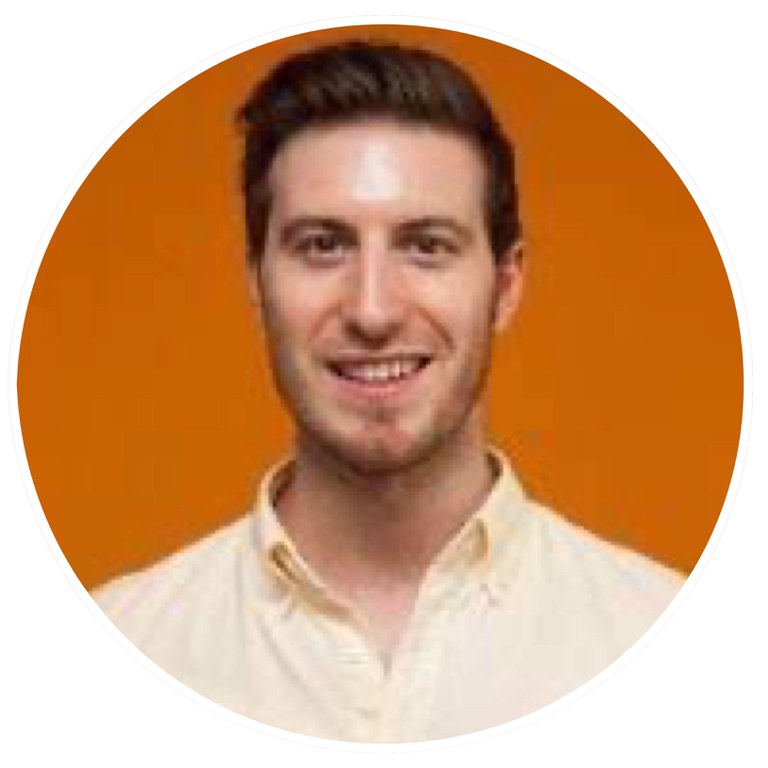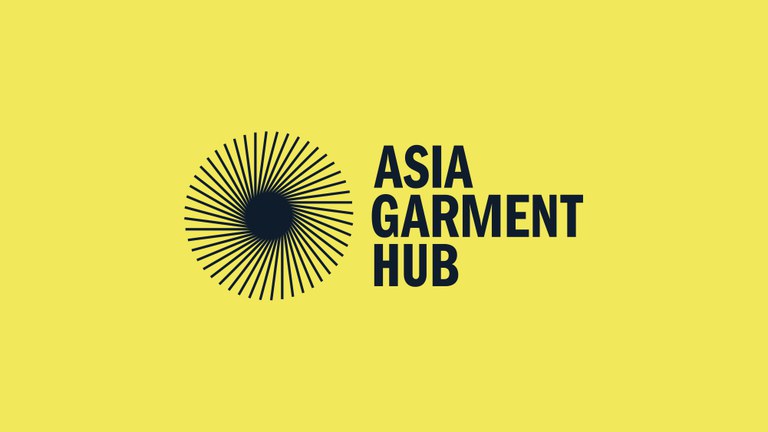Let's celebrate: The Asia Garment Hub turns one!
Take us back to the beginning: Why did you set up the Hub and what did you aim to achieve?
David: The idea for the Hub was first conceived in 2019, as ILO and GIZ were discussing how we could collaborate to strengthen industry knowledge and exchange on sustainability. After brainstorming with a variety of industry partners, the idea of a digital ‘one stop shop’ emerged -an online platform where industry stakeholders could connect, share, learn and apply tools and knowledge to upgrade their sustainability efforts. Fast-forward 18 months, and the Asia Garment Hub was born.
What do you think has been the Hub’s biggest achievement so far?
David: I’m personally really proud of the bredth and quality of our content, whether it’s our data-led country profiles or our articles spotlighting initiatives and innovations in the sustainability field. The fact that we can offer this is down to our fantastic team and the wide subject expertise we have to draw from, both within the host organizations (ILO and GIZ) but also our wider user base. I also love our brand and social media content, which I think helps expand our reach and visibility in the industry.
Constantia: I think besides our content on the Hub, the wide range on offer (from country profiles to our news and events section) and the innovative and up to date brand and social media content. I am personally really proud of the launch of the supplier meet-up series. Through this, we can give suppliers a voice and a platform to come together and discuss in a safe space.
What has been the highlight of the Hub’s first year?
David: There are too many to mention -from the launch event itself to reaching our first 100 members and launching new features like Did You Know and the Supplier Meet-Up series. But the most rewarding thing so far has been seeing the Hub grow and establish itself in this space -and of course the feedback and encouragement we’ve received from members, users and partners across the industry.
What are the biggest challenges facing the Hub / that you have faced?
Constantia: Expanding reach and sustaining -and gaining- momentum are two big ones. A platform of this nature requires us to be on the move constantly, whether it’s creating new and interesting content and features, growing our membership and user base, or simply troubleshooting day to day operational issues. With a small team this creates challenges because we’re not always able to do everything we want to do in the time we want to do them. Our ambition often outstrips our capacity.
What areas would you like to improve upon?
David: Beyond the obvious ones like growing our userbase and overall footprint in the industry, I’d really like to expand our community features (and this would of course help us achieve those first two goals). We’ve already started out on this path with our supplier meet up series, which has been well received. But I’d like to create more opportunities for members from across constituencies to connect, exchange and learn from one-another. We’re keen to hear what our members would like to see in terms of new features.
A lot of people ask how the hub sustains itself, both now and in the future. Can you tell us a bit about this?
David: The Hub is currently maintained by ILO and GIZ, who provide co-financing for all operational costs, including its staff. This arrangement will continue in a similar vein until at least the end of 2023, but we’ve already put a lot of thought into what comes next.
Constantia: As part of our sustainability planning, we’re currently developing criteria and identifying a list of organizations who share our values and might be interested in managing the Hub on a longer-term basis. Our plan is to transition to a new ownership model by 2024, whilst retaining the same values and commitment to knowledge, community and sustainability. We will of course keep our partners and members fully updated along the way.
For those that haven’t yet visited or joined the Hub, why should they?
David: Because where else can you connect with people and find trusted knowledge and resources to make sustainability easier? The Asia Garment Hub is really quite unique, in the sense that we are the industry’s only free to use platform for this purpose. Not only that, but we’re rooted in Asia and supported by a wide network of experts and pracitioners from across the supply chain.
What does the future have in store for the Hub?
Constantia: We have lots of exciting plans and features moving forward. A revamped user dashboard is coming soon, and that will drastically improve the user experience for our members (so please sign up to see more!). We’re also bringing more industry experts onto the Hub to share their experience and insights in discussion and Q&A formats. And we’re obviously going to keep expanding and improving our current features, bringing you an improved range of news, data, resources and events that help you stay informed, stay connected, and take action to improve business and industry sustainability.
Want to register? SIGN UP HERE

Constantia Chirnside holds a master degree from the university of Cologne, Germany. She has work experience in Namibia, Australia, Germany and Cambodia. She started working for GIZ HQ in Germany more than 4 years ago and is currently located in Phnom Penh, Cambodia, since January 2021. There she works as an advisor for the regional GIZ FABRIC project.

David Williams manages the ILO-Sweden regional programme, Decent Work in Garment Supply Chains Asia. He has almost 15 years’ professional experience spanning labour market policy, working conditions, and global supply chains, with a particular focus on Asia. He was previously deputy programme manager for Better Work Vietnam (an ILO-IFC partnership), and has held technical and managerial roles in Thailand, Cambodia and the ILO’s Geneva headquarters.

